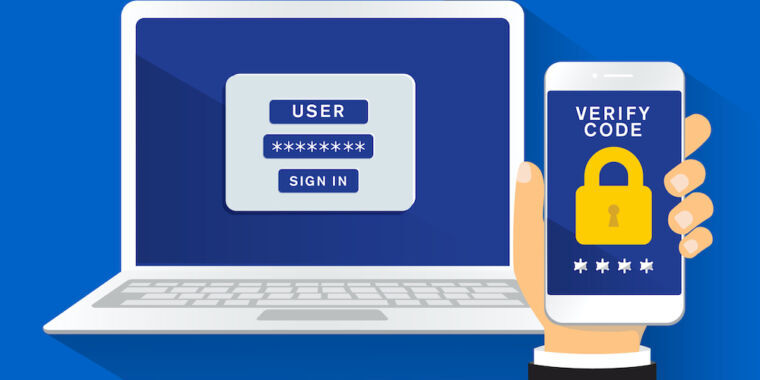Comment
For personal use, watch out if you use Google Authenticator with sync to the cloud feature. If your Google account is compromised, e.g. you get phished:
-
Your 2FA for other accounts might be compromised as well.
-
If you use the GMail address for other accounts’ password recovery, the passwords for those accounts may be reset/compromised too, regardless of how complex the passwords are.
Question
For personal use, because “Google Prompt” on an Android device is automatically the default 2FA for Google account, can you delete this default 2FA method and just enable a FIDO2 key on Google’s account?
Summary
Google’s Authenticator app, designed for generating Multi-Factor Authentication (MFA) codes, was criticized by a security company called Retool for exacerbating a recent internal network breach. The breach occurred when an employee received a deceptive text message, leading them to share their login credentials, including a Temporary One-Time Password (TOTP), with the attackers. The situation escalated due to Google’s Authenticator sync feature introduced in April, which allowed the attackers to compromise multiple company accounts once they gained access to the employee’s Google account.
This synchronization feature stored MFA codes in the cloud, making them vulnerable if the Google account was compromised. Retool argued that Google employed unclear settings for disabling this feature, making it challenging for users and administrators to prevent. As a result, the attackers exploited this vulnerability to gain access to various accounts, including VPNs and internal systems, enabling them to take over specific customer accounts in the cryptocurrency industry.
Retool’s security shortcomings were also highlighted, as they relied on TOTPs, which can be phished with relative ease, instead of adopting more secure industry-standard MFA solutions like FIDO2. While Google defended its syncing feature, emphasizing its benefits for user convenience, they acknowledged the preference for local storage of OTPs in enterprise environments.
There’s a good argument to be made that Retool used the Google Authenticator issue to deflect attention away from Retool’s culpability in the compromise.
In conclusion, the incident underscores the importance of adopting FIDO2-compliant MFA for robust security, while Google’s Authenticator app is seen as a middle-ground option that may be inadequate for enterprises where security is paramount.



Yubikey and other hardware security keys now support NFC which makes the mobile support really good. A quick tap to the back of the phone and you’re done.
I wish it wasn’t as expensive as it is now to get in my country. I need at least two of them for me to not feel paranoid about losing it but the price stops me from getting
onetwo.Oh, that’s good to know! It’s been years since I’ve used one, so I don’t think the support was there yet. That definitely relieves some of the problems I had with them, in that case.
Yeah, I had one of the earlier ones Yubikeys without NFC. I remember having to get a USB mini to full USB converter and plug it into that to login to things like LastPass. Thankfully I only needed to do it once for the initial login.